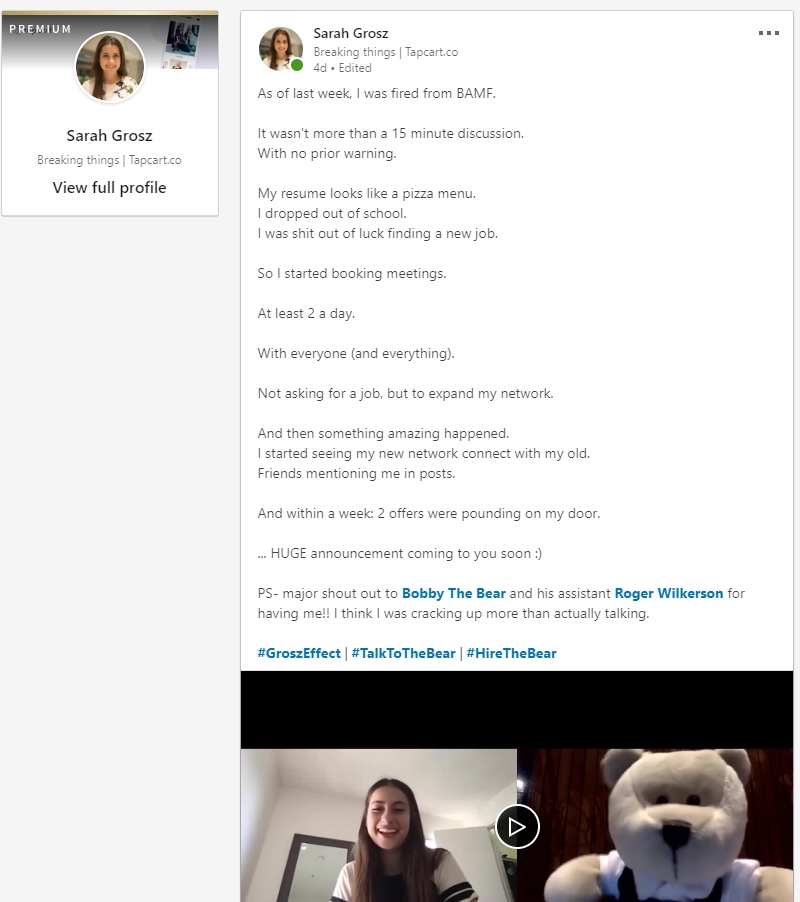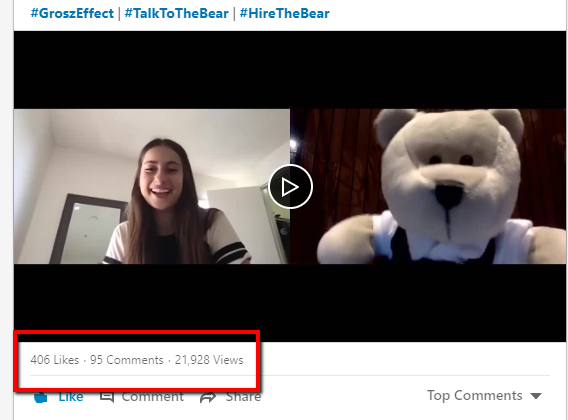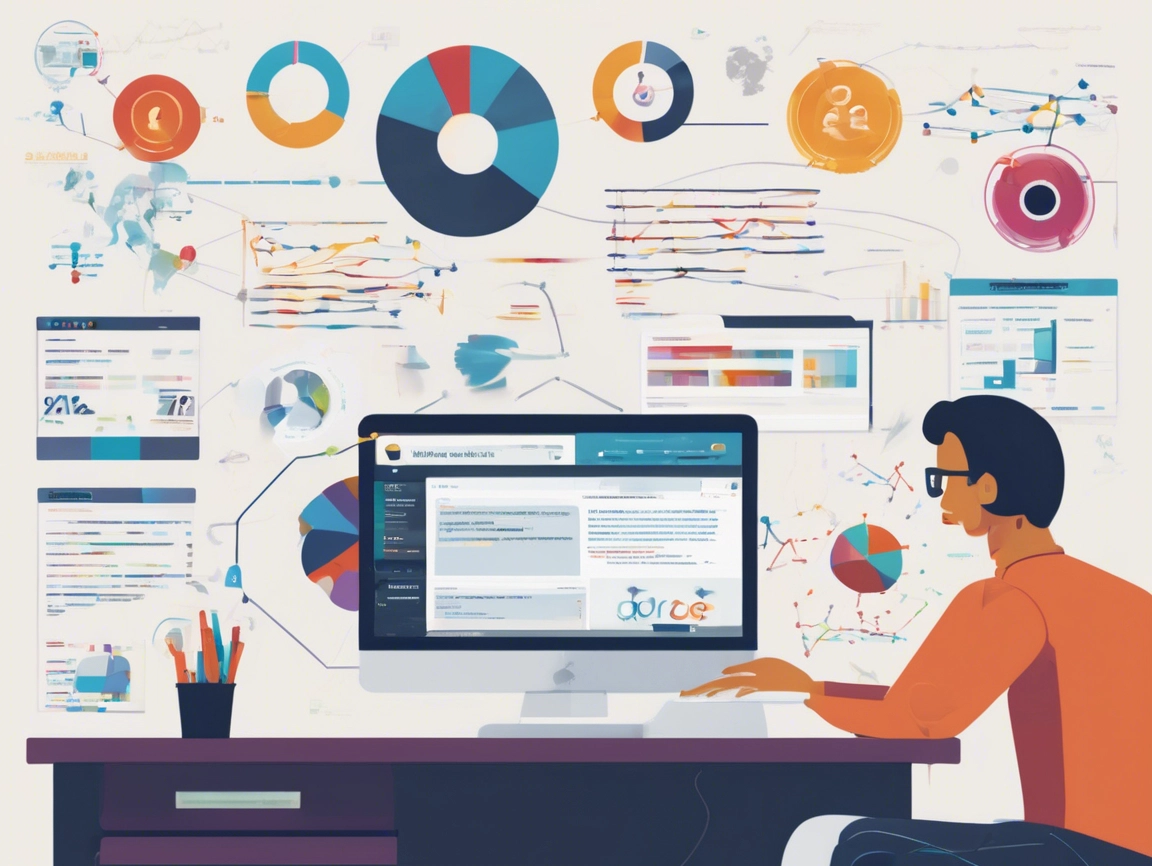“What would I tell my younger self?”
The infamous question we all ask ourselves at least once in our lifetime.
Reflecting is a great exercise, not because we can go back in time. But to demonstrate our mindfulness as we grow older, and hopefully impart wisdom to a mentee.
One thing I’d tell my younger self — above all else, is strive for an empathetic mindset.
My childhood was a proverbial roller coaster. For years I tried to figure out who I was, who I wanted to be, or should be. The harder I tried looking, the deeper I sank into a dark place.
You see, my parents were strict and instilled strong work ethic and discipline in me. They aspired me to be a doctor, a musician, or a lawyer, but none appealed to me.
I knew what I didn’t like, but I didn’t know what I was passionate about either. I couldn’t find an answer. I was lost.
Despite the psychological and emotional firestorm, I managed to survive with great parenting.
I became rooted in a foundation of gratitude and empathy that continues to mold my life and people that surround me.

It’s getting incrementally easier to communicate around the world
Social networks makes it easy for anyone to create, communicate, share, and learn from anywhere. Smartphones allow you to stay connected 24/7 with a tap of your finger.
Accessibility is at an all time high — barriers to communication broken down.
Your smartphone empowers you to find new friends, colleagues, communities, job opportunities, entertainment, and more — from anywhere at anytime.
Not only has access speed dramatically increased from past generations, there is a major shift in how people share stories.
People are more comfortable today sharing their lives on social networks.
30 years ago, you could only listen to someone’s story if they were either at your house, or sitting next to you. There was no internet, cell phones, or social media.
Growing up, the closest thing to an information-super highway was how fast the mailman could deliver the newspapers.
Back then, you may hear about your friend losing their job hours after it happened.
Today, you get it live on social media, right after they are laid off, before they even walk out the building.
Here’s an example of how social platforms like LinkedIn can distribute news right after someone shares a post.

This post received over 20,000 views and almost 100 comments.
Now of course, not everyone is a personal friend of Sarah, but the point is thousands of people were able to view it and vicariously live through her experience.

The internet has granted us the opportunity to be great listeners. When we listen we open the door to possibilities and new perspectives.
It’s amazing when our perspective is altered, we put ourselves in the other person’s shoes, we begin to connect at an human level…we begin to empathize.
To get to that place, we need to get over ourselves.
We have to be “Alfred” not “Batman,” Alfred always listen
Even with all the wisdom in the world, and eagerness to share it, you’ll be committing a carnal sin if you fail to listen.
We all want to talk, it’s a natural human desire. There’s not a person I’ve met who doesn’t like to tell me what they know and how well they do something.
Holding back from the urge to talk is not easy, especially those who think they are a well of wisdom.
We’re living in a time in this world where we have now more opportunity to listen and empathize than ever and for once, we actually can do something about it.
Listening is a huge part of empathy
If someone expresses their struggles in their business. Listen.
If someone has been battling with emotional stress and need support. Listen.
If your friend just lost his job, don’t tell him his company or ex-boss sucks. He already feels that way! Just shut up and Listen.
This is where I get fired up.
You no longer need to ask “if someone is OK” – they volunteer that information in their social pages. All you have to do is…read and listen.
Just 10 years ago, you wouldn’t even know if someone across the county line needs help with raising money to keep their family business afloat – now there is gofundme.com as a listening platform to extend help beyond your zip code.
Want to help someone build their dream across the world, there’s kiva.org. These are just two great examples of platforms where you can listen and empathize…then give.
I hope this article can get at least one person to step back and re-calibrate what they are you using social networks and platforms for.
Amazing things continue happen when we listen.
According to the American Psychiatric Association, social media is used to prevent suicides and the APA’s partnership with Facebook is a clear testament of how empathy through social listening can change lives.
Give 5X, 10X, 20X and don’t expect anything in return
You can take action after you listen. You can give better advice after understanding the problems.
There is literally hundreds of people asking questions on social networks every minute.
You don’t have to be an expert in every subject. But there are a few things you know and can answer.
So many people think giving is a burden, so someone else should do it. That mindset is of someone who is still stuck and absorbed in their own reality.
It is insane how many people I’ve come across that asks the question “What’s it in for me?” I will never accept this mindset. This is a loser mindset.
It’s obnoxious, disgusting, and drenched in a rotten bowl of narcissistic stew. In fact, I despise this way of thinking.
Why should there the expectation of getting something in return for giving?
Your grandparents never asked you for anything in return when he drove you to school for years, and trust me when I say they never expected anything in return either.
They do what they did for you out of the kindness and love of their heart.
We grow out of what we’re taught at a young age
I follow a simple rule in life. Be kind to others, keep my mouth shut if I can’t say anything nice.
As we grow older, we alter our perspective.
Who we surround ourselves with shape our view of the world. Activities we engage in form our believes – and we form our circle of influence based on who we become. We start being more self-centered. We’re fulfilling our own need be acknowledged and to deflect our insecurity.
If time is money, then you’re all millionaires
But you’re not.
It may come as no surprise. Many of us believe time is money, in its strictest sense of currency.
But I challenge the notion of “currency.” What if currency was TIME.
If you spent $500 on new iPhone, you can make the money back. You won’t get back the time you spent waiting in line to get that $500 iPhone. That’s a huge difference of time vs money.
When you give up your time, your scarce and precious resource, you’re giving more than you realize.
If you spend 30 minutes talking to a friend needs advice, I reckon that time is worth more than its weight in gold.
You imprint lasting impact in someone’s life when you add invest your time in them.
A friend emailed me last week and asked if I had time to talk to him about his new business
I knew he wasn’t going to become a client, but I took the call anyway. It was supposed to be a 30-minute call, ended up being a 2 hour phone call.
I was more excited for him and wanted to share my experience, trials and errors with him so he may skip a few steps ahead to jump start his business.
It was one of the most gratifying calls I had all week – and there was no contracts to be signed! Perhaps one day we may work together, and it’ll be glorious.
It’s moments like this when the currency of time versus money is at odds – because giving time is worth more than paper money itself.
If you haven’t seen the movie Pay It Forward, I strong recommend it It’s a movie about a boy who creates a plan to pay forward favors without expecting anything in return.
That act created a cascading effect and turned into a phenomenon. GIVE, GIVE, GIVE.
Time is a Scarce Resource
In my line of work, people advise me not to spend too much time with a prospect who has not signed a contract?
That’s the exact opposite of what I do. It’s moments like this when I laugh to myself and wish there was some magic potion that I can feed into our water system so that more people learn to give without expectation.
Either you’re on the offense and doing what feels right, or you’re on defense and choosing to build walls around you.




